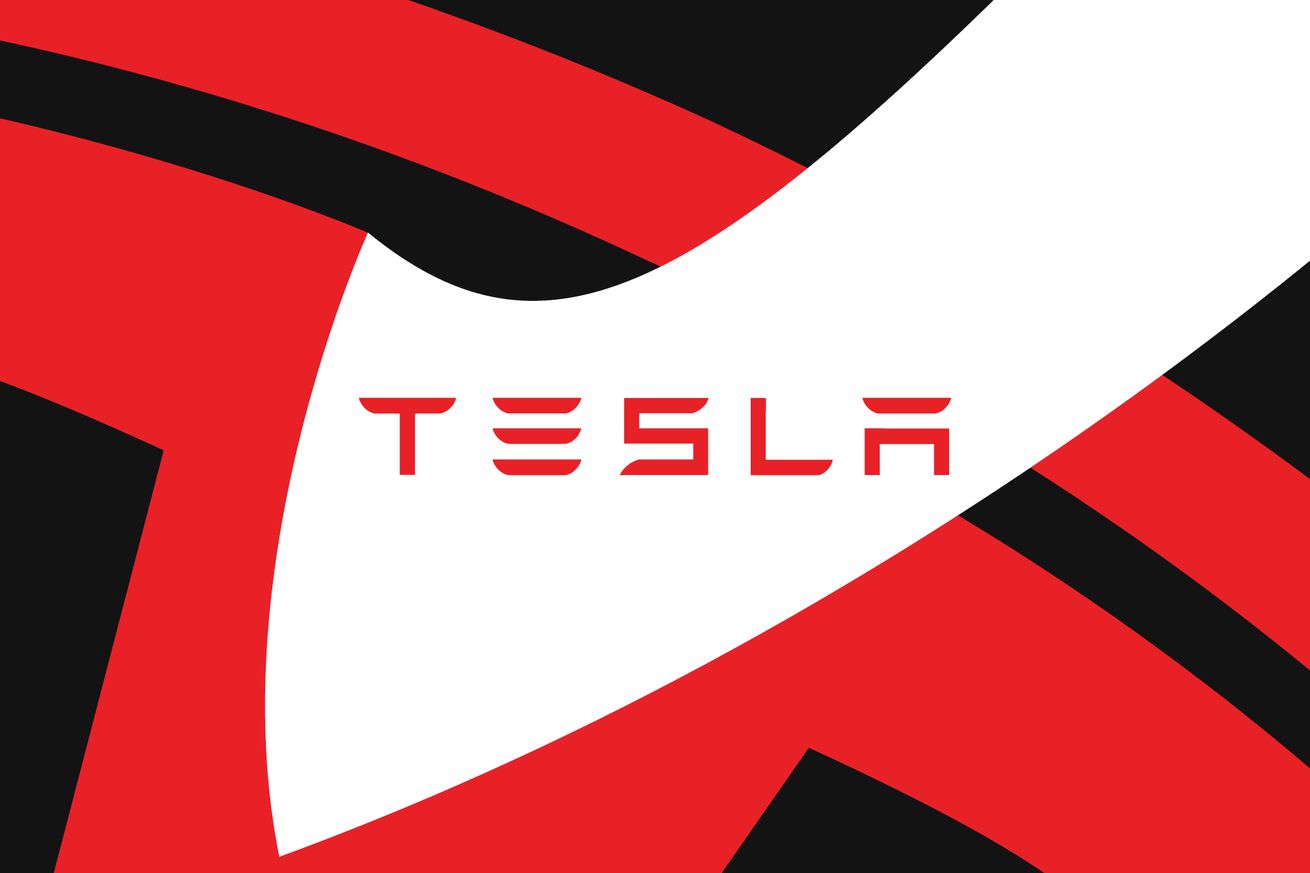
Tesla employees reportedly passed around personal videos from owners’ cars
Tesla employees passed around and poked fun at private videos recorded by vehicle cameras, according to a report from Reuters. The videos, which were reportedly shared via Tesla’s internal messaging systems from 2019 through 2022, were recorded on the cameras that come mounted on Tesla vehicles to enable self-driving features.
As described by sources to Reuters, the recordings shared by Tesla workers range from graphic crashes and road rage incidents to more embarrassing scenes, including a video of a naked man approaching a car. Some employees reportedly even created memes using captures from recorded videos and later shared them in private group chats.
Tesla says “Sentry Mode recordings are not transmitted to us”
One former Tesla employee tells Reuters that some of the videos may have even been recorded when vehicles were turned off. “We could see inside people’s garages and their private properties,” a former employee tells Reuters. “Let’s say that a Tesla customer had something in their garage that was distinctive, you know, people would post those kinds of things.”
According to Reuters, Tesla previously had a policy that allowed the company to receive recordings from non-running vehicles if customers signed off on it. After an investigation from the Dutch Data Protection Authority (DPA) found that Tesla vehicles “were often filming everyone who came near the vehicle,” Tesla was turning off its vehicles’ cameras by default by 2023.
Tesla launched Sentry Mode in 2019, advertising the feature as a way to alert drivers of any suspicious activity around their parked vehicles and then store recorded incidents in the car’s onboard memory. Tesla updated this feature in 2021 and started letting drivers use their vehicles’ cameras to livestream their cars’ surroundings from the Tesla app.
On its support page for the feature, Tesla says “Sentry Mode recordings are not transmitted to us” while adding that livestreams are end-to-end encrypted and “cannot be accessed” by the company. Tesla also added a couple of other privacy-focused tweaks to Sentry Mode following the DPA’s investigation. Now cameras only start recording when the vehicle is touched, instead of right when it detects suspicious activity. Tesla also started warning passersby that its vehicles are recording by making their headlights flash.
The Netherlands isn’t the only country where Tesla’s Sentry Mode has raised concerns. Last year, Germany’s consumer organization VZBZ sued Tesla, claiming Sentry Mode “violates data protection law.” Tesla vehicles were also banned from China’s Beidaihe district last year over concerns that the vehicles’ cameras would capture a private meeting between the country’s senior leadership, while the Chinese military banned Tesla vehicles in 2021 over similar surveillance concerns.

